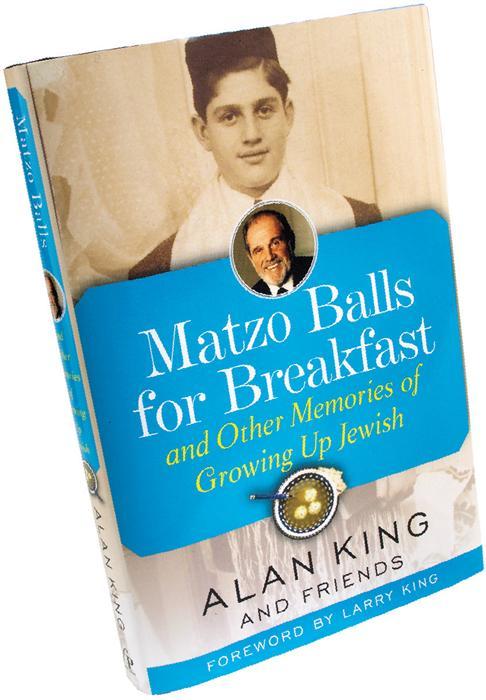Sign up for the Family Tree Newsletter Plus, you’ll receive our 10 Essential Genealogy Research Forms PDF as a special thank you!
Get Your Free Genealogy Forms
"*" indicates required fields

I remember very clearly the perplexed look the woman gave me, which I thought meant that there probably weren’t enough fleegles to go around, so I hastily assured her, “That’s OK. I’ll be just as happy with a poulkie.” She still didn’t know what I meant and told me, “Just point to it, dear!”
My Yiddishkeit was simply a part of who I was. One reason was that my bubbe Chaike, my mother’s mother, lived with us for a while and she never spoke any English at all. Chaike was a great influence in my life. I realize it more and more the older I get.
In the early part of the 1900s, when my grandfather left Russia with the two eldest of his nine children, Chaike was left at home to raise and support the remaining seven in any way she could. So she dug a hole in the dirt floor of the two-room house, slid a still into the hole, and by night made moonshine whiskey, which she sold to the Cossacks.
Then she stashed the money, which she later used to buy passage to America for the rest of the children. Chaike taught me that Jewish women can do anything. One of the things Chaike refused to do was speak English. She said she didn’t have to. She had nine children, they had nine spouses, there were 22 grandchildren. We all understood her Yiddish. So whom else was she going to speak to? A stranger, maybe?
Chaike’s daughter Rose, my adorable mother, was the quintessential Jewish mother. Though she came over from Russia when she was 12, she always spoke 90 percent Yiddish and spoke English with a pronounced accent. She taught my nephew Larry to talk, and he was the only child in nursery school who, when asked, “What does the doggy say?” replied, “Bow Vow Vow.”
With a twinkle in her eye and a Goldwynesque confusion about her words, she would keep us in stitches.
Once, my sister’s cat, Puff, had an altercation with a raccoon, and when my mother heard about it, she called and asked, “So … did you hear vat happened to Puffy? It’s so terrible. He vas bit by a kangaroo.”
When my mother and I returned to Pittsburgh from a trip, my brother picked us up at the airport. As we headed for the parking lot, my brother spotted the local mortician waiting for a cab. “Oh, hi, Mr. Blank,” my brother said. “May I offer you a ride home?”
“Oy vey,” my mother said under her breath. She was so superstitious that she couldn’t bear the thought of the undertaker sitting in the same car with her. But Mr. Blank accepted the offer. All the way home, my mother averted her eyes to avoid the man who had buried every loved one she’d ever lost. When we finally arrived at his house, and he was about to get out of the car, by way of bidding goodbye to him, my mother said, “Listen, Mr. Blank, I’ll make you a deal. Maybe since ve took you, you vouldn’t take us.”
ADVERTISEMENT

